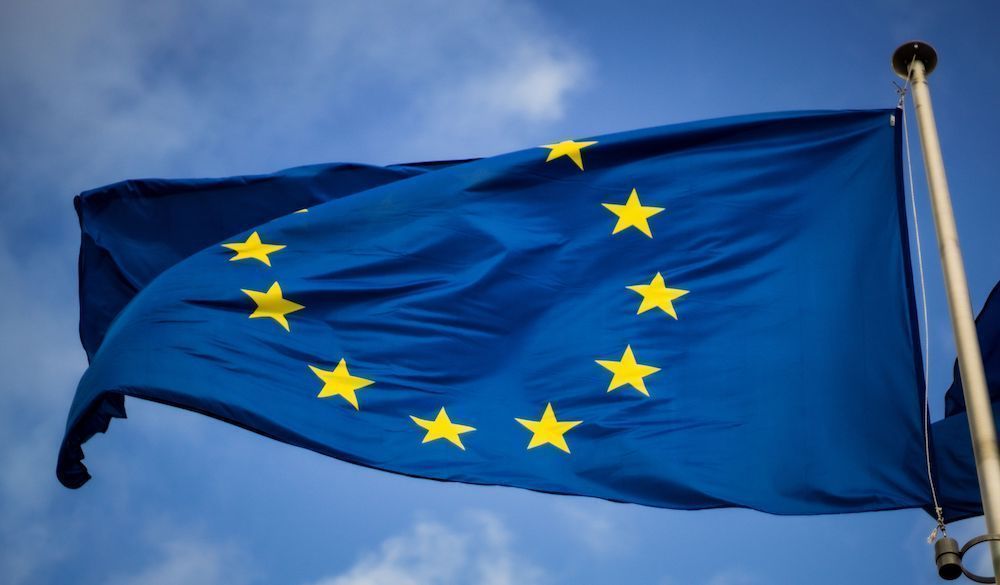
NEW E-COMMERCE REGULATIONS WILL BENEFIT EU SHOPPERS FROM MAY 28TH, 2022
Online shopping has become a booming business in the past years. Seen as a solution during the pandemic, more people have turned to the internet to find services, products, and online content. The new dynamics have also led consumer advocates to claim more consumer rights that align and protect European users on the web.
As part of the Consumer Right Directive and announced in 2021 as the New Consumer Agenda, all B2C transactions must improve consumer awareness during the buying process. This includes online businesses in the EU. As a result, from May 28th, 2022, there will be crucial improvements for online shoppers.
This directive obliges traders to increase transparency in their marketplaces and platforms. Companies such as Amazon or Google Play Store will have to be more transparent about their offer and prices. More specific information must be published about the product or service to clarify whether a company or a person sells it. It is essential to identify the seller because there are no cancellation rights or guarantees when a private sale occurs. Unlike with other transactions, consumers don’t benefit from the EU Consumer Protection regime.
Comparison and booking platforms like Expedia or Check24 must show a list of all providers. Thus, the user can check that the ranking results consider all options. Providers on these pages also have to provide contact information where the user can get in touch with a trader for questions and issues. The parameters to rank providers will have to be explained to understand the criteria used for the ranking results. Moreover, traders must disclose if a result is a paid advertisement to achieve a higher ranking on searches.
Traders will also have to reveal other marketing tactics such as personalized pricing. Personalized pricing occurs when a company has information about a person (i.e. annual income, geolocation, etc.) This data is used to calculate an estimated price; this specific consumer will be willing to pay for a product or service. Under EU law, a trader must let the consumer know if what they are showing online is a personalized price based on personal data or an algorithm.
